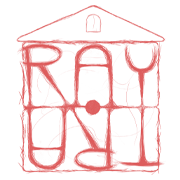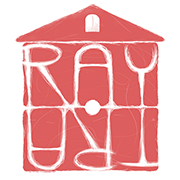(Prints size 50x75 cm)
The flashback to the 90s has deepened. The lines to the shops have grown longer. Residents are no longer satisfied with intercoms and weld steel bars to their front-door entrances. The life of the average Kherson citizen under occupation consists mainly of standing in line from early morning until 2-3 pm for something that will remain on the shelves for a very limited time. The Russian troops block the food supply into the city and periodically cut off mobile communications. I don’t have cable TV or Internet, so I really don't like such moments. But let's get back to the Storyteller. Today he sits in a bunker beside his gas "pipe", on which he likes to play from time to time. Nobody likes his performances, but it is financially profitable, which is why people are patient. I believe that all participants in today's crisis have been moving towards it for a long time, ignoring the resolution of serious internal conflicts and contradictions. For some, the main issue is imperialism and the citizens’ personal responsibility for the power and politics of their country, for others, it is the historical acquisition of independence and the protection of their rights and freedoms, and for still others it is a conflict of values. Eight years ago the Storyteller presented his western neighbors with a dilemma: what is more important for them, the ethics and human values that they declare, or their financial well-being? And now, eight years on, it turns out that the western allies are still "highly dependent" on the pipe. So what values are their highest? If not now, then when?

